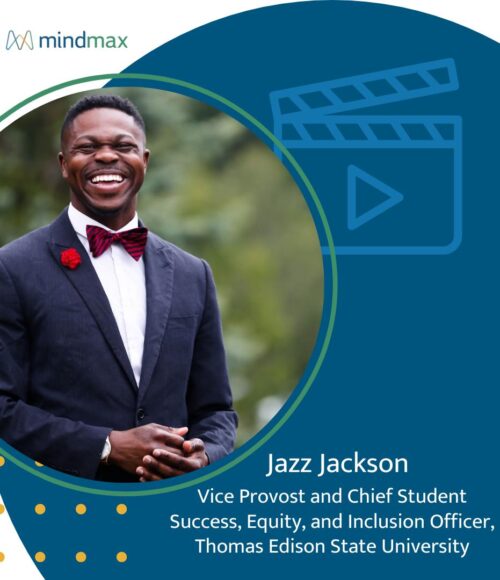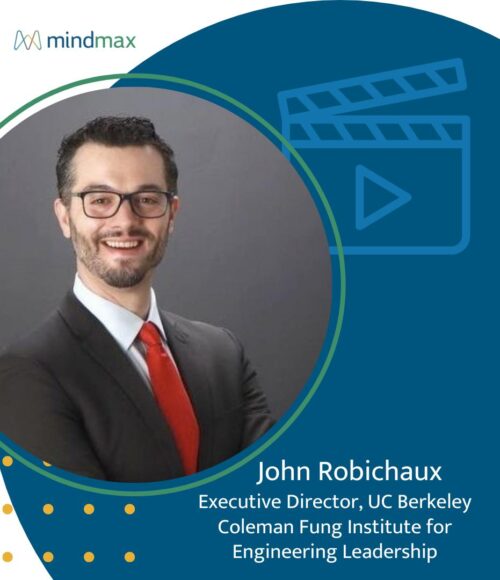Forget About Ebbinghaus and Bring on More Meaningful Learning Time
Forget About Ebbinghaus and Bring on More Meaningful Learning Time
The recent move by Success Academy to shorten its school day adds fuel to an already hot debate over the value of and challenges around extended school days. The New York Times reports that Success’s elementary school days will go from eight hours 45 minutes to eight hours and the middle school days reduced from nine hours 15 minutes to seven and a half hours.
Success Academy has been . . . successful by one of today’s more controversial measures, performance on state tests. Success reports that 93 percent of their students passed the state math tests last year, and 68 percent passed the reading tests. This compares to 35 and 30 percent passing citywide. This is impressive, but given the challenges of implementing extended day, we need to look more closely at our measures of success and our goals for learning.
In an educational environment where college graduates are struggling to find meaningful work and companies still find themselves unable to fill jobs with competent workers, we need to continue to question the goals of reform in K-12 and focus on how our youngest learners are going to apply what they are learning as they grow into working adults.
It’s not about the what; it’s about the how
We are now in an information age where there is arguably much nonsensical information available everybody. Learning how to make sense of information and develop personal meaning, or pattern recognition skills, or applying new knowledge to a task all ground learning and increase one’s ability to retain information.
I happen to know many of the plants in the Adirondack Mountains of New York State. Why? I learned from a guide/teacher, read more in books (it was in the 1980s), tasted and smelled many of them, and most importantly, I taught them to willing and unwilling Boy Scouts and unfortunate friends who have hiked with me over the years. And yes, there has been lots of repetition and reinforcement over the years. But the main reason I think that this knowledge has been retained for decades is that it made sense to me. Hemlocks are the best trees to sleep under when its raining, wood sorel wakes your mouth up with its tart clean taste, and after hiking these peaks in the winter, how important it is to be careful not to trample alpine flora since they endure such harsh conditions.
More meaningful exchanges versus more time spent
As a somewhat self-centered former teacher of Regents Biology and Earth Science in NYS, I would have loved more time with my students. I am not sure they felt the same way. But the experience of limited time and limited resource forced me to be creative. The standardized test was the measure of success not whether the kids had fun, or did their homework, or successfully finished a lab. In March, I flipped my approach and gave pairs of students a subtopic for that unit, and each pair has three days to prepare their 10-minute lesson on the topic. They were brilliant. One student asked, what if we teach it incorrectly, and I reminded them I would still be in the classroom. One favorite comment of application learning regarding the angle of insolation was, “I now park my jeep facing the other direction in the driveway so the sun will defrost my windshield.”
Maybe it’s okay to forget?
Clearly, the extended school day is meant to be about more than additional hours in the day. Across the country, school districts are looking at, or already engaged in, implementing longer hours either through an extended day or longer school years, in an effort to make up for learning loss among lower-income families.
What all of our kids need is better learning, not more hours inside a school building. This more is better comes in part from the work of Hermann Ebbinghaus, who in 1885 a forgetting curve of memorization and retention. The catch is, he tested memorization and retention of nonsensical sequences of the letters WDTZ and KVLQ. These letter sequences lack meaning or value, the subject was unable to create patterns for understanding them or any kind of context where remembering them would be useful.
Not all new knowledge needs to be retained. While there is value to repetition and extended exposure as Ebbinghaus suggests, we now have an increasing ability to access information within seconds from a browser. As Google Glass, or whatever that evolves into, makes us “connected” 24/7, knowing how to create meaning and apply it within the context will only get more challenging.
More of the same approaches in school will not help us succeed in this new world.
Related Ideas
Jazz Jackson Wants to Help Every Student Finish What They Start

John Robichaux Wants Lifelong Learning to Drive Public Impact
